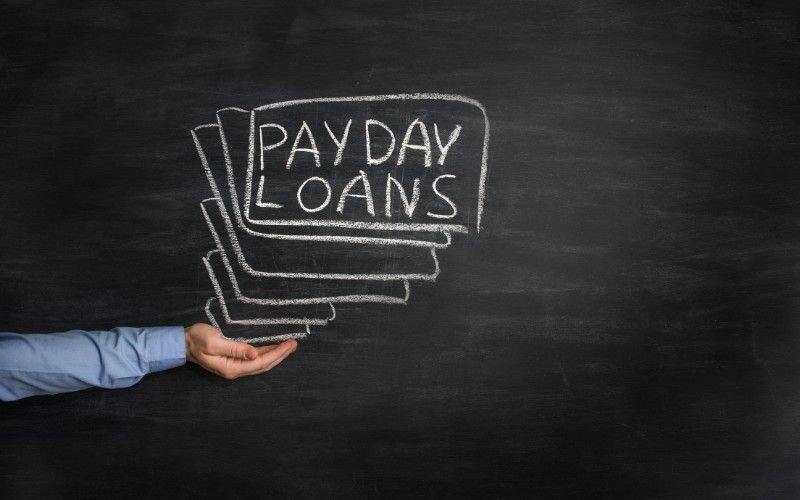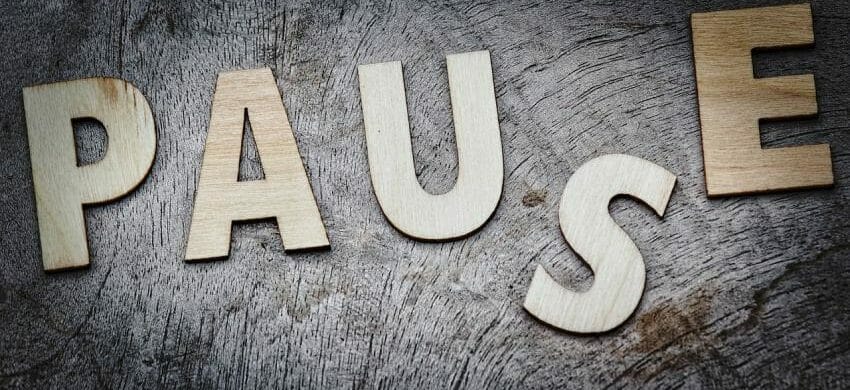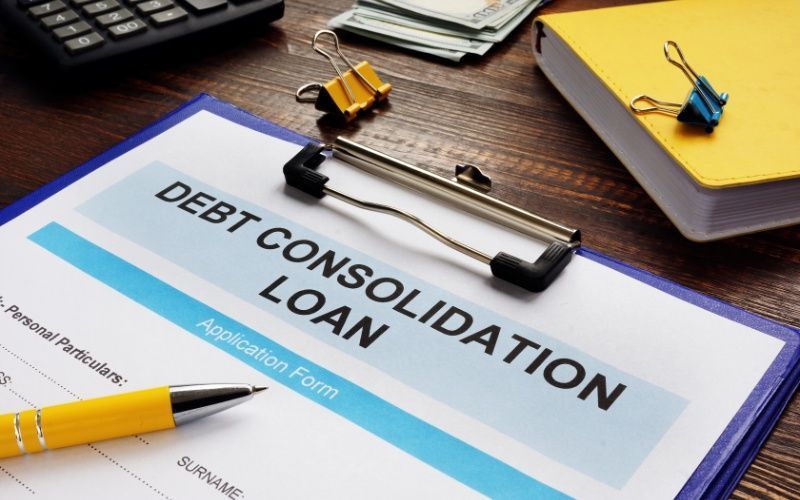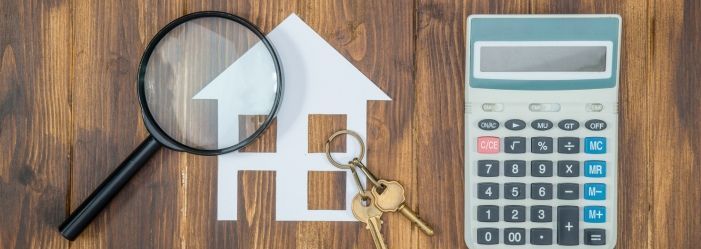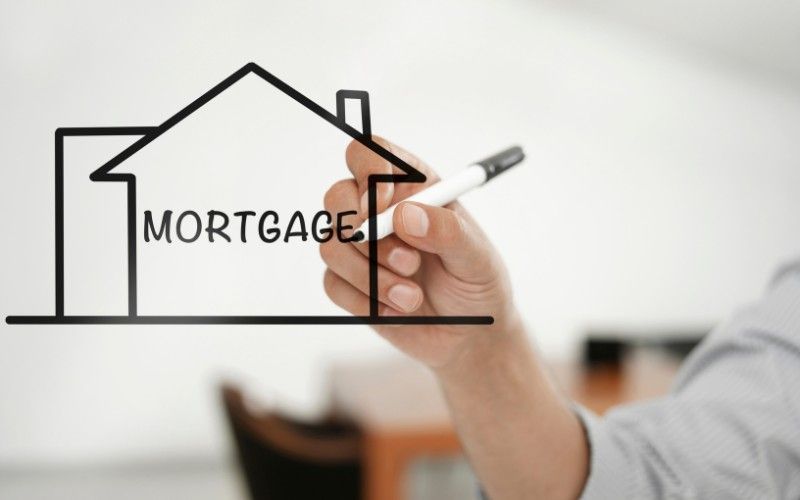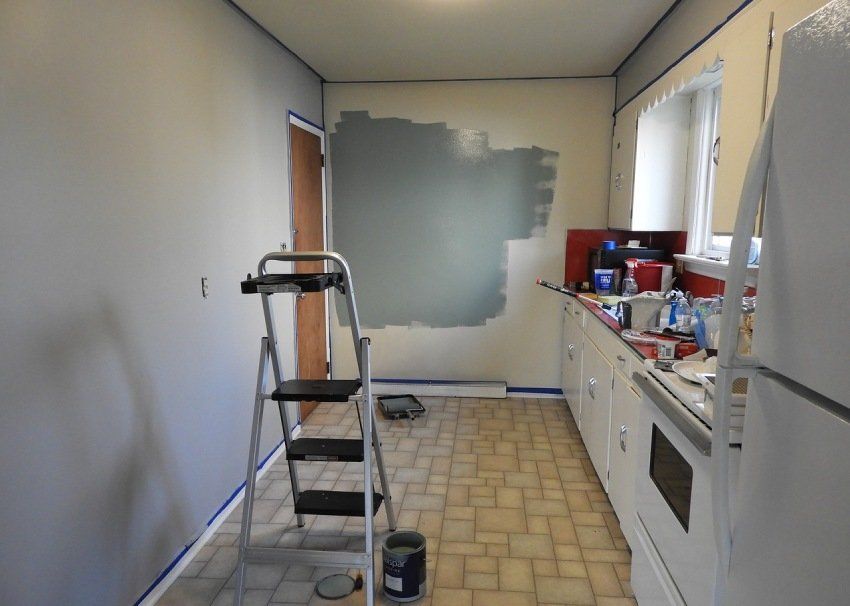Mortgages and Loans
Mortgage Basics and Loan Options
Educational Resources / Mortgages and Loans
Understanding Your Mortgage
Mortgage basics and options encompass the fundamental aspects and choices available in securing a loan to purchase property. A mortgage is a loan from a bank or financial institution that helps an individual buy a home, with the property itself serving as collateral.
Mortgages come in various forms, including fixed-rate, where the interest rate remains constant throughout the loan term, and adjustable-rate, where the rate can change. The choice of mortgage type depends on factors like financial stability, length of homeownership, and market conditions.
Understanding these options and how they align with personal financial goals is crucial for borrowers to make informed decisions and manage their long-term financial health effectively. read more
Home Equity Loans and Mortgages
Things You Should Know About Buying a Home
Home equity and mortgage decisions are crucial aspects of homeownership and financial management. Home equity refers to the portion of the property's value that the homeowner owns, calculated by subtracting the remaining mortgage balance from the property's current market value.
As homeowners pay down their mortgage and/or their property value increases, their equity grows. This equity can be leveraged in financial decisions, such as obtaining a home equity loan or line of credit, which can be used for home improvements, debt consolidation, or other major expenses.
Making wise mortgage decisions, like refinancing at a lower interest rate, can also impact home equity. Homeowners need to understand how these choices affect their financial stability and long-term investment in their property.
read more
More Mortgages Tips
Frequently Asked Questions
-
What is a Mortgage?
A mortgage is a type of loan used to purchase or maintain a home, land, or other types of real estate. The borrower agrees to pay back the loan over a set period, typically 15 to 30 years, along with interest.
-
What are the Different Types of Mortgages?
Common types include fixed-rate mortgages (with a fixed interest rate over the life of the loan), adjustable-rate mortgages (with interest rates that change over time), and government-insured loans like FHA, VA, and USDA loans.
-
How Do I Qualify for a Mortgage?
Qualification depends on factors like credit score, income, debt-to-income ratio, employment history, and the size of the down payment. Lenders use these to assess your ability to repay the loan.
-
What is a Loan Amortization?
Loan amortization is the process of paying off a debt over time through regular payments. An amortization schedule shows each payment's contribution to principal and interest.
-
What is a Down Payment?
A down payment is an initial upfront portion of the total amount due. It's typically expressed as a percentage of the purchase price. A larger down payment can result in more favorable loan terms.
-
What is Refinancing?
Refinancing a loan involves replacing an existing loan with a new one, usually to reduce interest rates, lower monthly payments, or change the loan term. It can also be used to consolidate debt.
-
What are Points in a Mortgage?
Points, or discount points, are fees paid directly to the lender at closing in exchange for a reduced interest rate. One point typically costs 1% of the loan amount and reduces the rate by about 0.25%.
-
What is a Home Equity Loan?
A home equity loan, also known as a second mortgage, allows homeowners to borrow money against the equity in their home. It's typically used for large expenses like home renovations or consolidating high-interest debt.
-
What is a Pre-Approval?
Pre-approval is a lender's conditional agreement to lend you a specific amount based on your financial and credit information. It gives you an idea of what you can afford and shows sellers that you're serious about buying.
-
What Happens if I Default on My Mortgage?
Defaulting on a mortgage can lead to foreclosure, where the lender takes possession of the home. It can severely impact your credit score and ability to obtain future loans.
*Disclaimer: Pacific Debt Relief explicitly states that it is not a credit repair organization, and its program does not aim to improve individuals' credit scores. The information provided here is intended solely for educational purposes, aiding consumers in making informed decisions regarding credit and debt matters. The content does not constitute legal or financial advice. Pacific Debt Relief strongly advises individuals to seek the counsel of qualified professionals before undertaking any legal or financial actions.
What Pacific Debt Customers Are Saying
Head Office
750 B Street Suite 1700 San Diego, CA 92101
Hours of Operation
Mon-Thurs: 6am - 7pm PST
Friday: 6am - 4:30pm PST
Saturday: 7:30am - 4:30pm PST
Clients
Phone: (877) 722-3328
Fax: (619) 238-6709
cs@pacificdebt.com
Non-Clients
Phone: (833) 865-2028
Fax: (619) 238-6709
inquiries@pacificdebt.com
Creditors
Phone: (833) 865-2028
Fax: (619) 238-6709
creditorinquiries@pacificdebt.com
"To eliminate debt one household at a time, while placing people first."
California Privacy Policy |  Do Not Sell My Personal Information
Do Not Sell My Personal Information
GLBA Privacy Notice | CDRI Accredited Member
*Please note that all calls with the company may be recorded or monitored for quality assurance and training purposes.
*Your visit to our website may be monitored and recorded from essential 3rd party scripts.
*Clients who make all their monthly program deposits pay approximately 50% of their enrolled balance before fees, or 65% to 85% including fees, over 24 to 48 months (some programs lengths can go higher). Not all clients are able to complete our program for various reasons, including their ability to save sufficient funds. Our estimates are based on prior results, which will vary depending on your specific circumstances. We do not guarantee that your debts will be resolved for a specific amount or percentage or within a specific period of time. We do not assume your debts, make monthly payments to creditors or provide tax, bankruptcy, accounting or legal advice or credit repair services. We are not a credit repair firm nor do we offer credit repair services. Our service is not available in all states and our fees may vary from state to state. Please contact a tax professional to discuss potential tax consequences of less than full balance debt resolution. Read and understand all program materials prior to enrollment. We are licensed where we engage in business. NMLS # 1250953. The use of our services will likely adversely affect your creditworthiness, may result in you being subject to collections or being sued by creditors or collectors and may increase the outstanding balances of your enrolled accounts due to the accrual of fees and interest. However, negotiated settlements we obtain on your behalf resolve the entire account, including all accrued fees and interest. C.P.D. Reg. No. T.S. 12-03825. Pacific Debt, Inc. is registered with the California DFPI under the CCFPL registration number 01-CCFPL-1250953-3419036.
